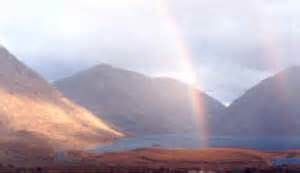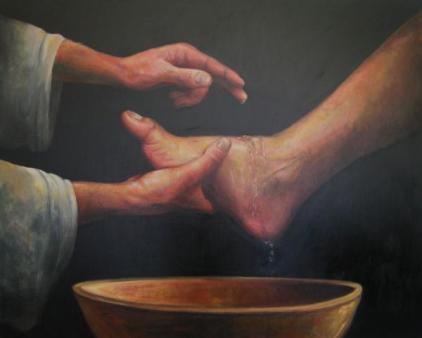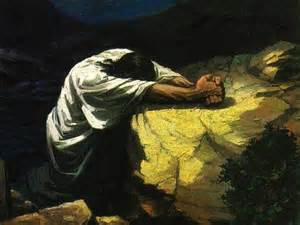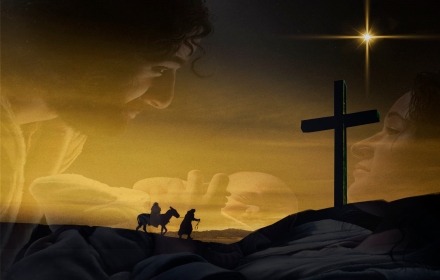 Meanwhile, standing near the cross of Jesus were his mother, and his mother’s sister, Mary the wife of Clopas, and Mary Magdalene. 26When Jesus saw his mother and the disciple whom he loved standing beside her, he said to his mother, ‘Woman, here is your son.’ 27Then he said to the disciple, ‘Here is your mother.’ And from that hour the disciple took her into his own home.
Meanwhile, standing near the cross of Jesus were his mother, and his mother’s sister, Mary the wife of Clopas, and Mary Magdalene. 26When Jesus saw his mother and the disciple whom he loved standing beside her, he said to his mother, ‘Woman, here is your son.’ 27Then he said to the disciple, ‘Here is your mother.’ And from that hour the disciple took her into his own home.
28 After this, when Jesus knew that all was now finished, he said (in order to fulfil the scripture), ‘I am thirsty.’ 29A jar full of sour wine was standing there. So they put a sponge full of the wine on a branch of hyssop and held it to his mouth. 30When Jesus had received the wine, he said, ‘It is finished.’ Then he bowed his head and gave up his spirit. (John 19: 25b-30)
Those midday hours on that day were merciless. I stood there feeling so helpless, wanting to hold him to cradle him like I did when he was a baby. At that point, I didn’t know what the outcome would be. I just knew that he was in pain. And I needed to get to him. But the guards were holding us back. There was nothing that I could do but pray, pray that this would end, pray that God would release him, pray that this would all turn out for some good. Little did I know how good it would be.
In that moment, the memories flooded back. I thought about that night when the angel came to me. At first I did not understand. I was afraid. But something in me compelled me to say yes, to say yes to something that I had no idea how to do. I thought about that long trip to Bethlehem. And then when we arrived, the city was packed with people and we had nowhere to go. It was so scary. But I never felt like we were alone. Someone traveled with Joseph and I. Now I understand. We were never alone. And I knew that I was not alone now. There, there on the cross was God. But in that moment, I prayed that it still all had a purpose.
None of it seemed real. At that point, I was questioning why. Why did all this happen? Why was I allowed to love him, to look into his eyes and love him if this was how it was going to end? I wondered if these people standing here with me even thought about the manger, even thought about that holy night. In hindsight, I know that God was holding ME—when I was holding him and even now.
I wondered if the world would ever understand what it did. And it began to rain and the wind began to blow. The skies turned appropriately dark and angry. And the world began to shake. Rocks and debris began to slide down the mountain behind us and the wind blew the temple curtain that separated the holy and the ordinary. In that moment, I thought hope was dying there on the cross. I realize now that that child I held that Bethlehem night so long ago was hope, a hope that would never die, a hope that would literally spill into the ordinary parts of our lives. At that point, I thought it had ended. I know now that our eternity itself was spilling in to our lives. I know now that that birth so long ago was never for naught. It was for this—to give hope to a world that could never give it to itself, to give hope to a world that sadly over and over destroys itself, to give hope to a world that doesn’t really understand that it has never been alone. I know now that hope was born in that manger. But hope came to be on that cross. I know now that I was pulled into a story that would have no end, that would birth newness and hope at every turn. How blessed I truly am!
At the center of the Christian faith is the history of Christ’s passion. At the center of this passion is the experience of God endured by the godforsaken, God-cursed Christ. Is this the end of all human and religious hope? Or is it the beginning of the true hope, which has been born again and can no longer be shaken? For me it is the beginning of true hope, because it is the beginning of a life which has death behind it and for which hell is no longer to be feared…Beneath the cross of Christ hope is born again out of the depths. (Jurgen Moltmann)
FOR TODAY: Dare to hope…in spite of everything else. Dare to hope for that which you cannot know. Dare to hope beyond what you can see.
Peace to you in this often-hectic week,
Shelli
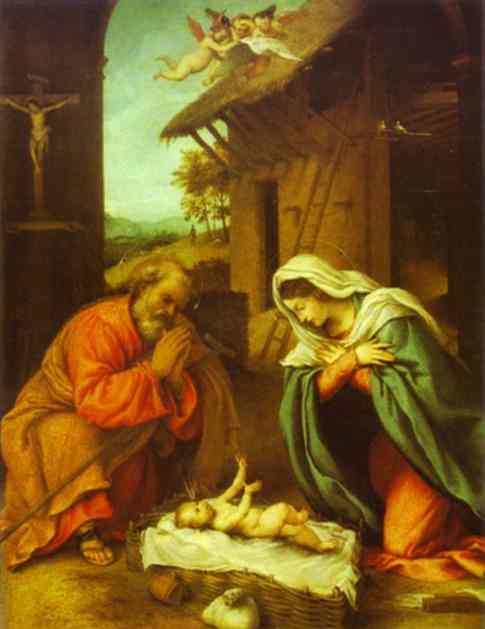
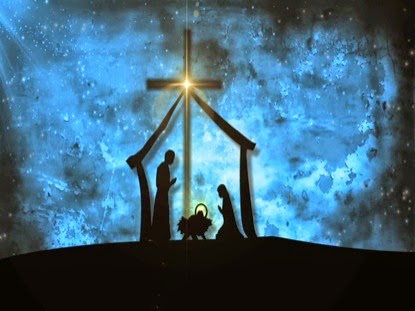
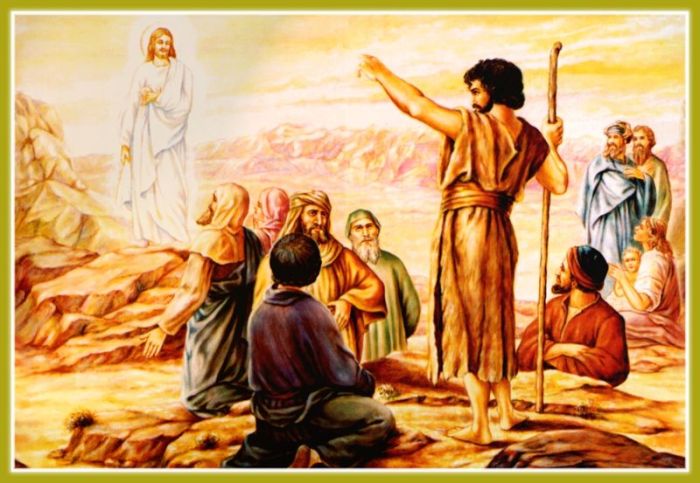 (ADVENT 3C)
(ADVENT 3C)